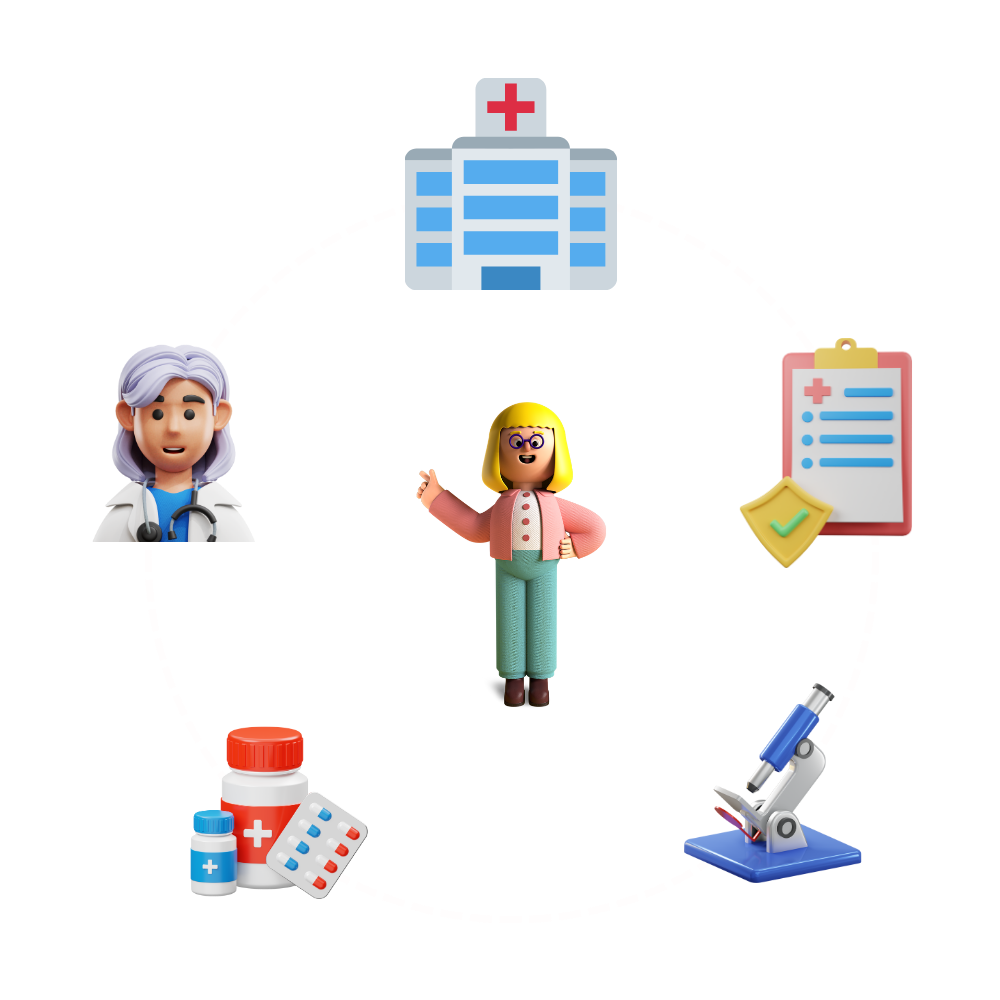About Eye Q Super Speciality Eye Hospital
Since 2010
Eye Q Super Speciality Eye Hospital is one of best specilaity clinic located at Fatehgunj, Vadodara. Established in the year 2010. Eye Q Super Speciality Eye Hospital is visited by top doctors like Dr. Sejal Desai (Ophthalmologist), Dr. Agarwal Ankita Ramniwas (Ophthalmologist).
The Timing of Eye Q Super Speciality Eye Hospital is
MON - SAT
09:00 AM - 08:00 PM
For patients pleasant facility, Eye Q Super Speciality Eye Hospital provides a amenities like Waiting lounge. Eye Q Super Speciality Eye Hospital has a wide range of procedures and services offered to their patients like Visual Aid, Oculoplasty, LASIK, lasik eye surgery, Glaucoma Evaluation / Treatment, Neuro Ophthalmology, Cataract surgery & More. The 2 Doctors at Eye Q Super Speciality Eye Hospital are very good knowledge in their field of expertise & provide the best Diagnosis & Treatment to patients.
The staff at Eye Q Super Speciality Eye Hospital are polite and providing prompt assistance with any queries that the patient may have. The patient can pay for the service with ease by using any of the available modes of payment, such as Cash.
The Eye-Q hospital chain is committed to providing quality eye care at affordable cost across India. We are an ISO 9001-2000 registered organization operating under the leadership of our Founder and CMD- Dr. Ajay Sharma- one of the most renowned eye surgeons in India, aided by a team of specialists with rich experience in their respective specialties from top hospitals across the country.
Presently we have Hospitals at Gurgaon (DLF & New Railway Road), Rewari, Rohtak, Yamunanagar, Hissar (Jindal Chowk & Barwala Road), Fatehabad, Bhiwani, Lucknow (Gomti Nagar, Aliganj, Vijaynagar, Rajajipuram), Saharanpur, Muzaffarnagar, Kanpur, Sonipat, Delhi, Haldwani, Roorkee, Surat (Rander Road & Udhana Road), Vadodara (BPC Road & Fatehgunj) and Bharuch
 Drlogy
Drlogy





